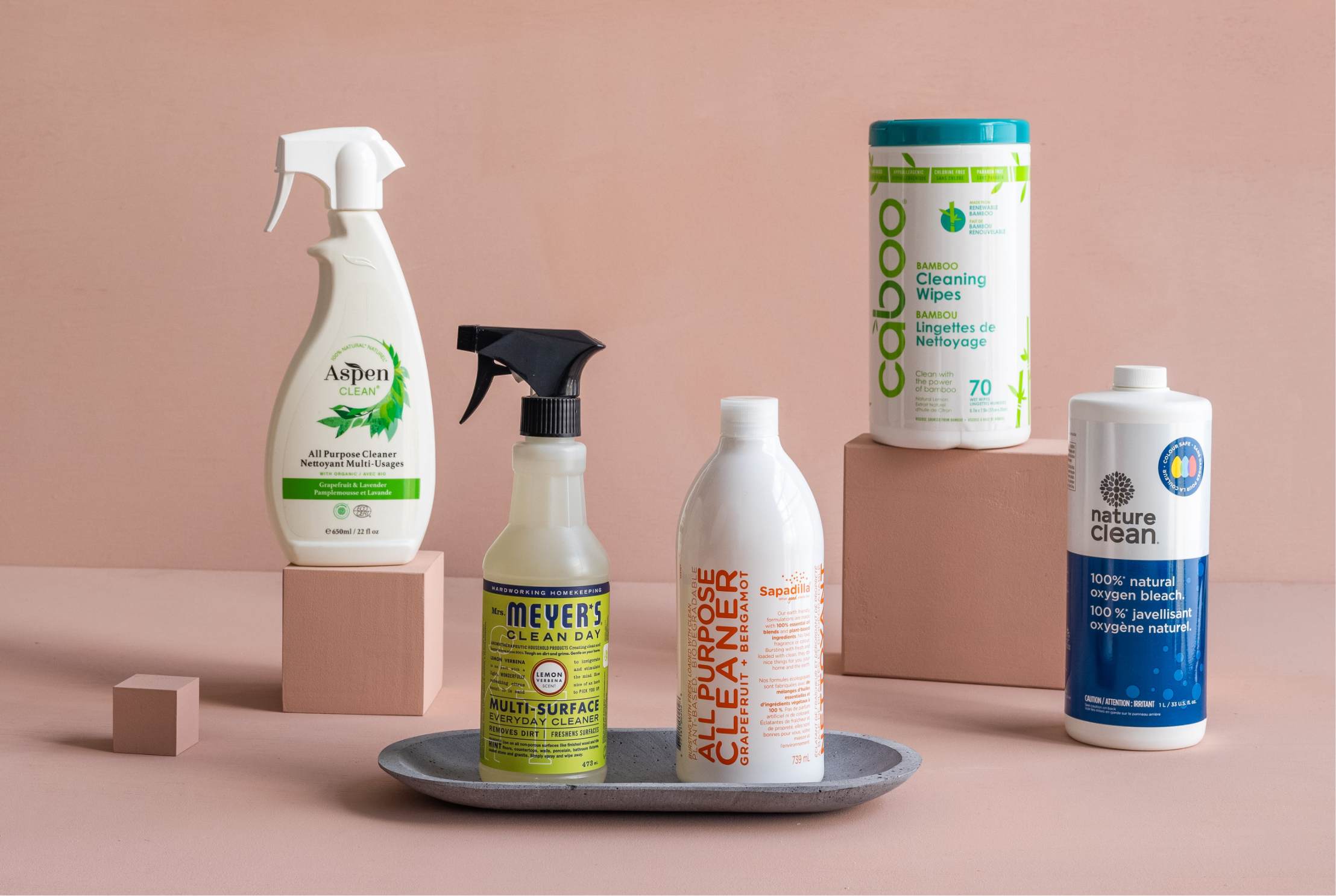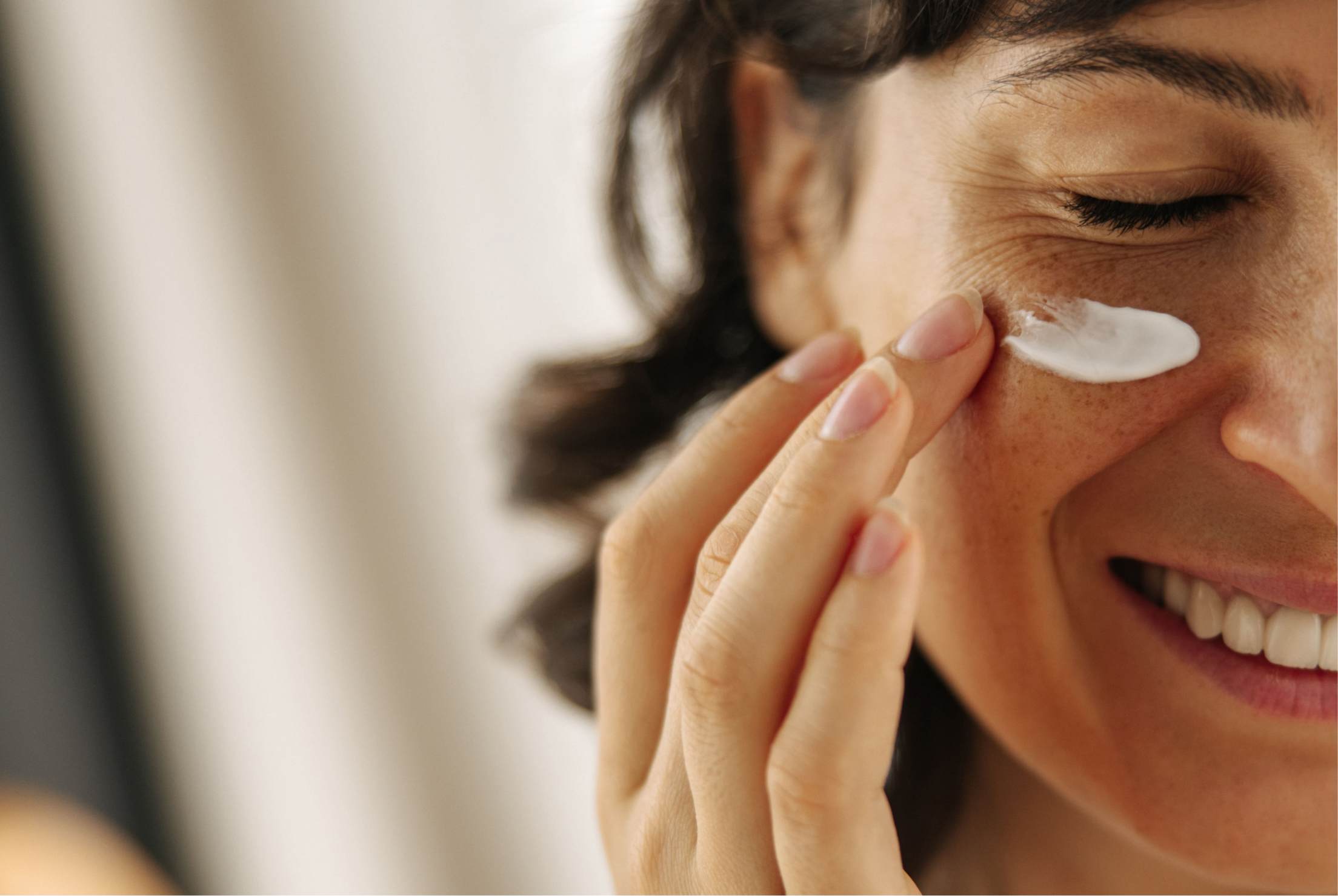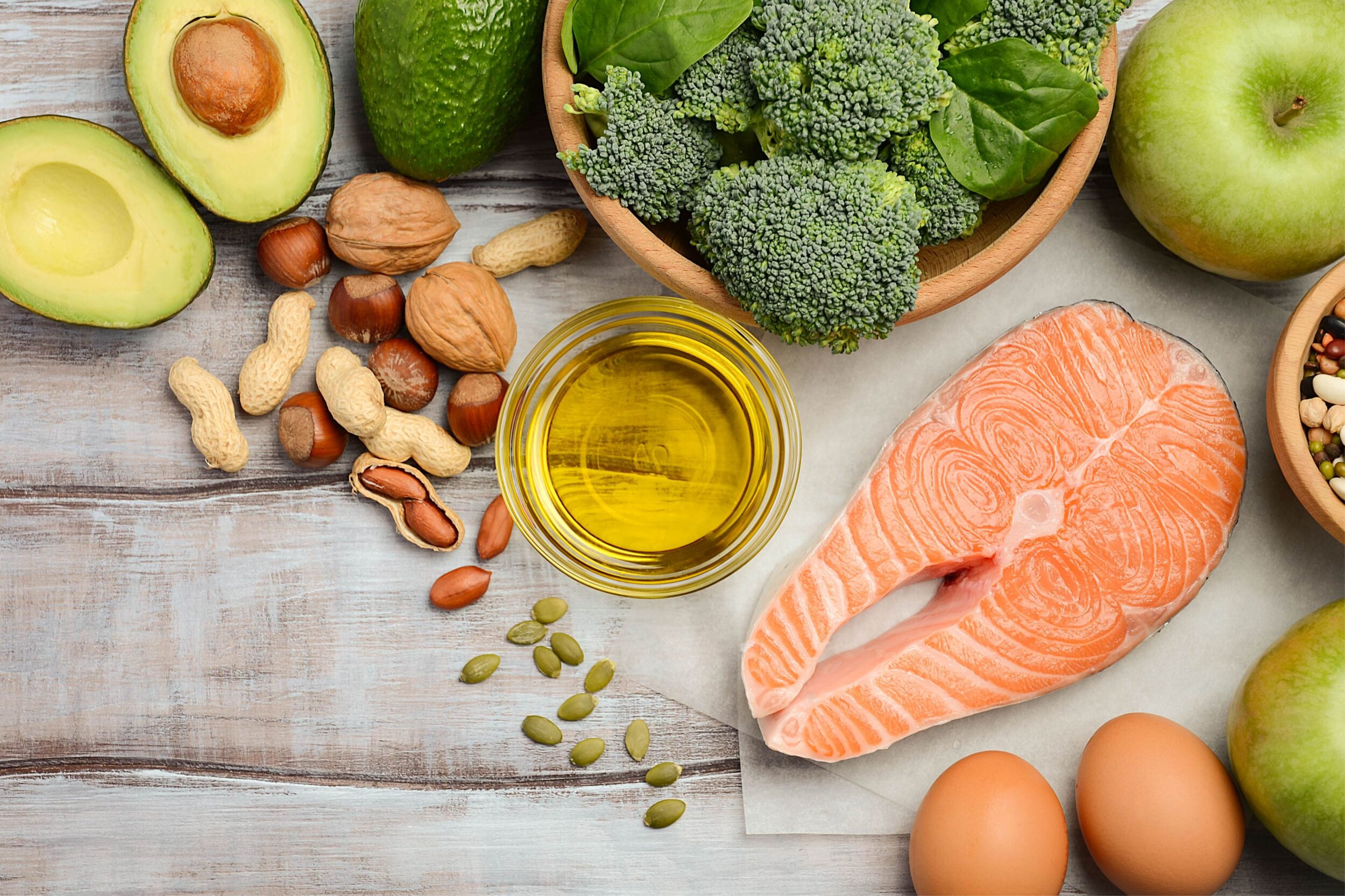Do you struggle with picky kids wanting to eat the same thing every night? These…
At Blush Lane, not only do we care about what you eat, but also the products you use. We are trying to bridge the knowledge gap between us and the products we use day-to-day. These blog posts are written to educate you on the potentially harmful effects of these ingredients, provide an explanation as to why we don’t carry them, and inform you on how these ingredients can be avoided.
We’ve done our research, and compiled a list of ingredients commonly found in household cleaning products that have risks for both our health and the environment, for that reason, we do not sell products that contain them at Blush Lane.
Triclosan

Triclosan is a chlorinated organic compound with antibacterial and antifungal properties, widely used in household and medical products. Triclosan is banned by the USDA (United States) and in Europe. The government of Canada has not banned Triclosan, however, set a limit on the amount that can be used in certain products. At Blush Lane, we choose not to sell it to prevent health and environmental risks.
Found in: Conventional dishwashing detergents and antibacterial hand soaps, mouthwash, toothpaste, deodorants, and cosmetics.
Risks: Can promote drug-resistant bacteria in the body, linked to endocrine disruption, & toxic to our rivers and streams when washed down the drain.
Sodium Tripolyphosphate

In cleaning products, STPP improves the ability of detergents to penetrate fibers and other materials. It also aids in foaming, and its pH buffering ability makes it useful as a water softener.
Found in: Bathroom Cleaners, Laundry Detergents, Dishwashing Detergents
Risks: Disrupt waterways and harmful to aquatic life, can cause respiratory skin and eye irritation
Sodium lauryl sulfate

Sodium lauryl sulfate is a foaming agent added to shampoos, soaps, and detergents to make them foam easily.
Found in: Dish soap, laundry detergents
Risks: Although there is a small risk to our long-term health other than some cases of skin or eye irritation the main concern of sodium lauryl sulfate is it can be toxic to aquatic life
Sources:
https://theecohub.com/toxic-ingredients-in-cleaning-products/



